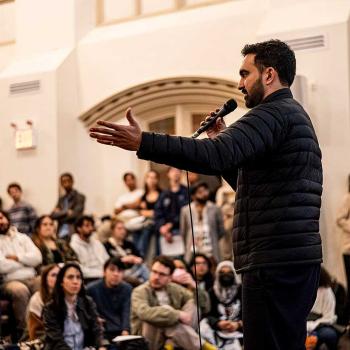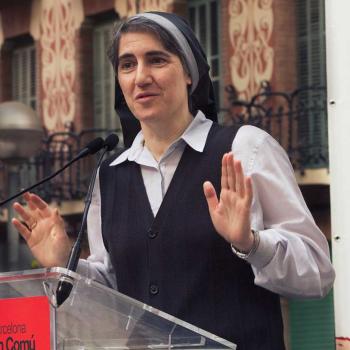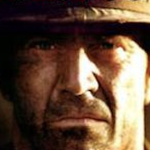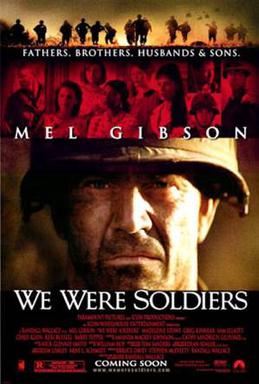 Sometimes, the strongest pictures of faith come from places we don’t expect—not from sermons or religious films, but from stories of duty, sacrifice, and love. One of those stories is one of my favorite movies, We Were Soldiers.
Sometimes, the strongest pictures of faith come from places we don’t expect—not from sermons or religious films, but from stories of duty, sacrifice, and love. One of those stories is one of my favorite movies, We Were Soldiers.
Adapted from the 1992 book We Were Soldiers Once… and Young by Lieutenant General Hal Moore and journalist Joseph L. Galloway, the film dramatizes the events of the Battle of Ia Drang, which took place on November 14, 1965.
Mel Gibson plays Colonel Harold “Hal” Moore, who leads his men into one of the most brutal battles of the Vietnam War. The action scenes are gripping, but the moment that stays with me is quiet.
Before leaving, Moore meets a young officer in a church. The officer wears a baby bracelet—a reminder of the newborn daughter he is about to leave behind. They don’t talk about strategy or winning. They talk about love, family, and sacrifice.
Love, Duty, and Sacrifice
That small scene shows a profound truth: soldiers carry more than weapons into battle. They have their families in their hearts, their oath to the country, and the faith that helps them face what lies ahead. The old saying, “There are no atheists in foxholes,” feels real here—not as a slogan, but as lived experience.
Faith in war is not usually loud. It appears in whispered prayers, a chaplain’s blessing, or the silence of a military funeral. It is a steady strength, giving ordinary people the courage to do what seems impossible.
What struck me is how We Were Soldiers shows faith as both personal and shared. Each man has hopes and fears, but together they find courage. Faith—in God, in one another, and in the meaning of service—creates a bond that goes deeper than fear.
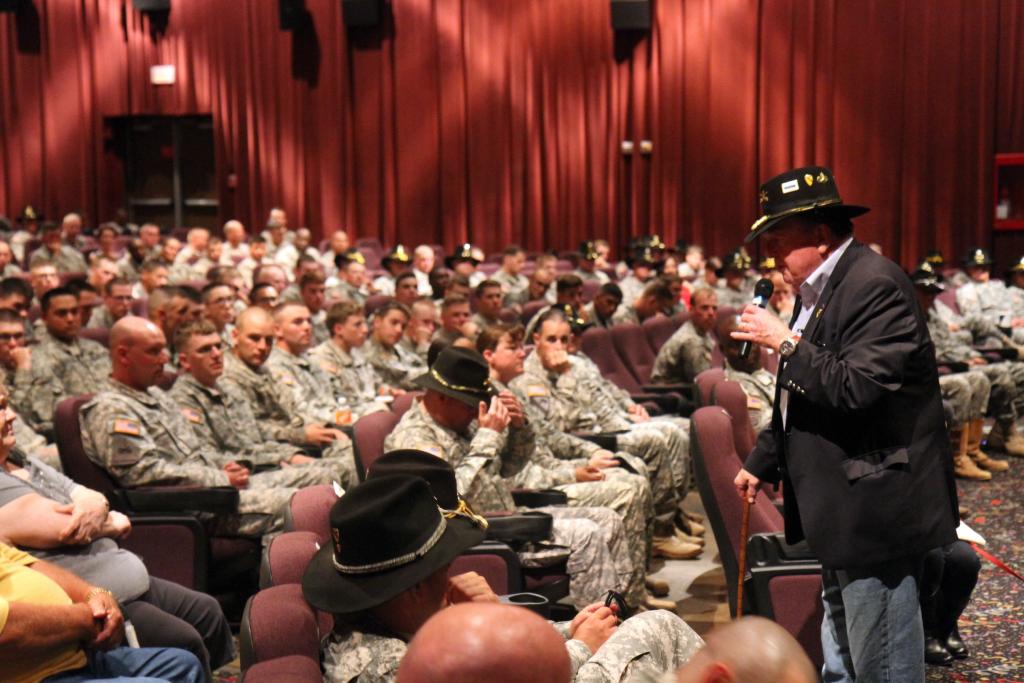
A Spiritual Commitment to Humanity
War movies build a bridge for those who haven’t worn the uniform. They show us that military service is not only about politics or history but about the most human things—fear, loyalty, despair, hope. In battle, the best and worst of humanity sit side by side. There is depravity, but also the courage to protect others. There is grief so deep it feels unbearable, yet love strong enough to risk everything for someone else.
This is why war stories often feel spiritual. They strip life down to what really matters. They remind us that freedom is not an idea on paper—it is fragile, costly, and defended by men and women who serve out of love, duty, and quiet faith. Their service is more than obedience to orders. It is, in its deepest sense, a commitment to humanity itself.
When I am unsettled or searching, We Were Soldiers is the film I turn to. Each time, it grounds me again in the things that endure—love, duty, and faith in the face of fear.
Watching a movie about war reminds me that God’s presence is not only in churches. Sometimes it is found in a soldier’s whispered prayer, the grit to stand firm when the odds are against you, and the courage to serve—even when the cost is everything.





